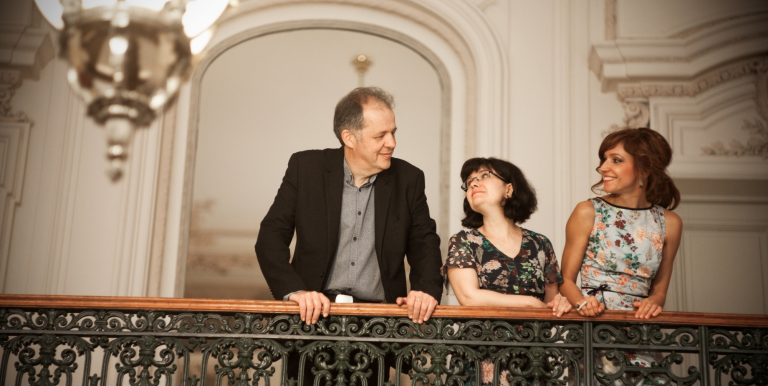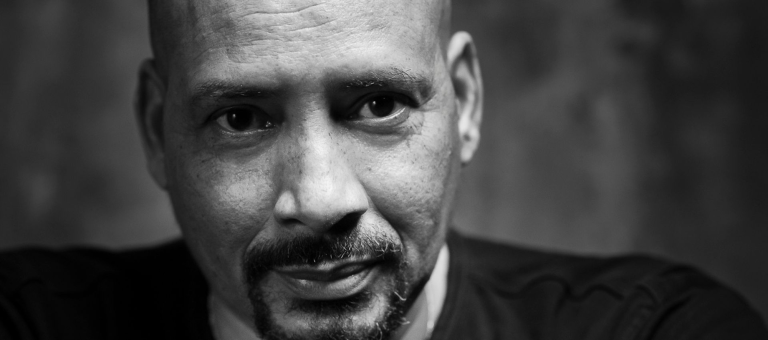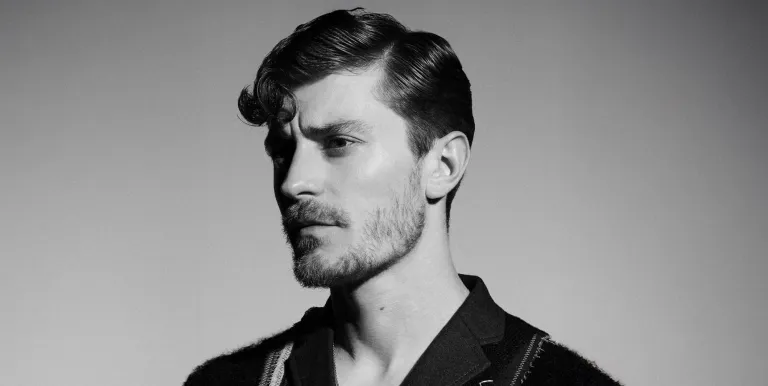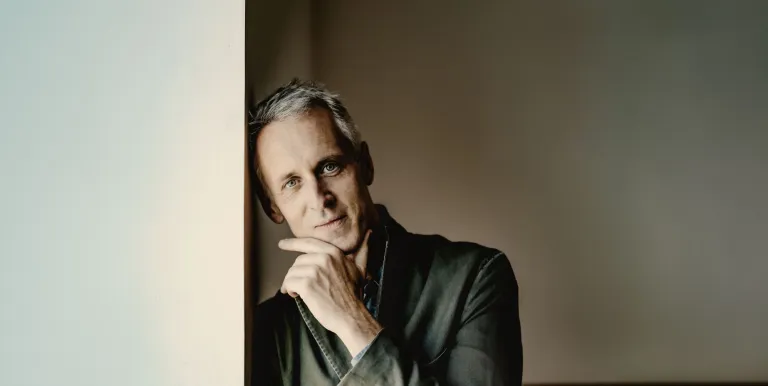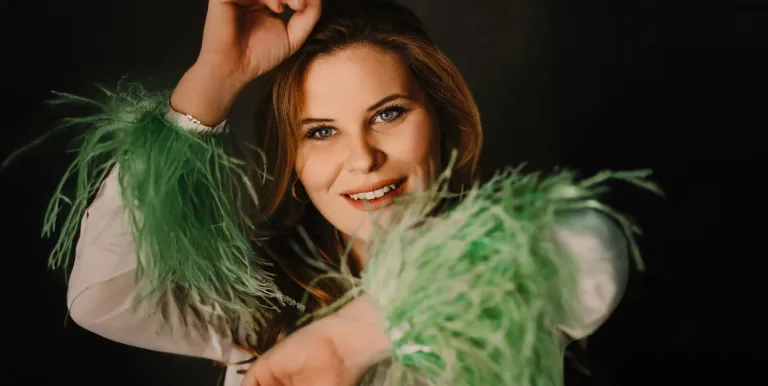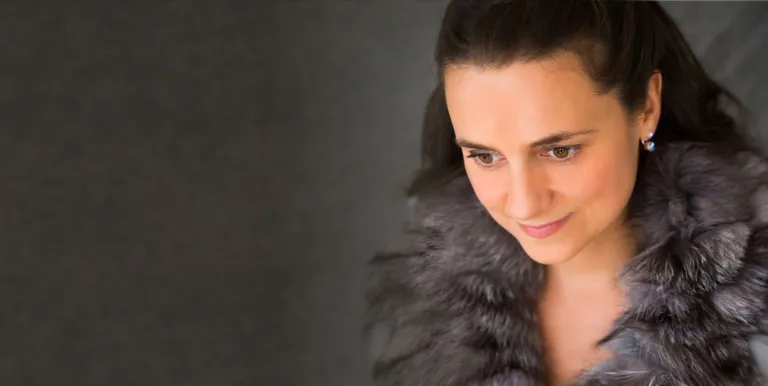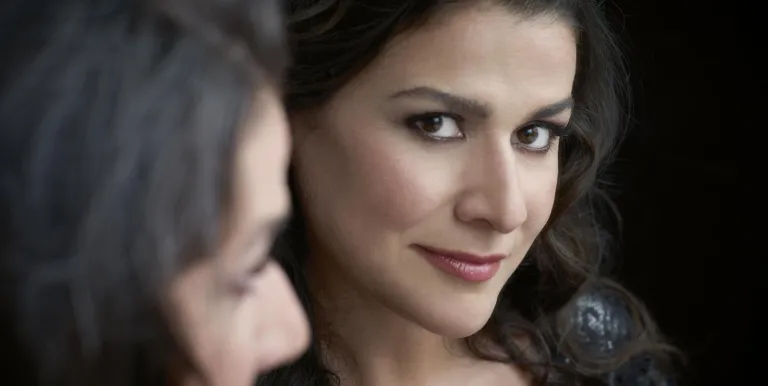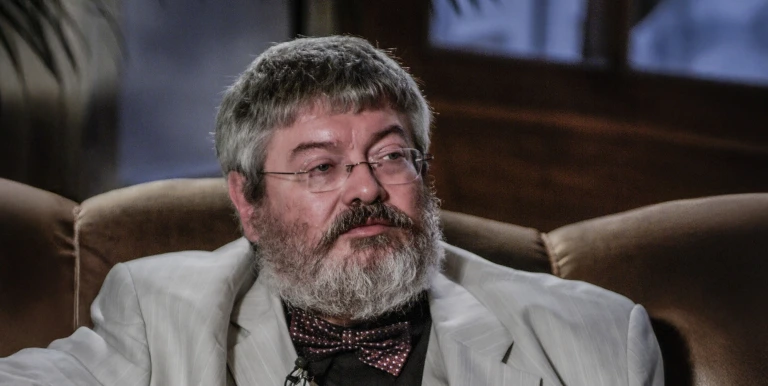Balassi
A Soldier's Song - sung poem - set to his ‘nóta' tune ‘Csak búbánat' (‘Only Sorrow')(arranged by István Győri)
Regnart
Ich hab' vermeint - madrigal
Dances from the Codex Caioni
Susato
Mon amy
Hajduk dances (Hecker book of lute music, 1562, Paix organ tablature book, 1583, Saxony tablature book, 1595 k.)
Susato
Pavane ‘La Bataille'
Ğazı II Giray Khan
Mahur Peşrev
Tromboncino
Zephyro spira - frottola
Forgive Me, Lord God - from the Codex Caioni
Palestrina-Jarzębski
Cantate Domino - canzona Palestrina based on the madrigal ‘Vestiva i colli'
Bazylik
36th Psalm
Balassi
Counting His Wars and the Pain in His Heart, He Asks God to Protect Him from Falling into Despair - sung poem - to the ‘nóta' tune ‘Emlékezzél, mi történék' (arranged by István Győri)
This special event taking place as part of the Early Music Festival, a programme centred around the Renaissance-era Hungarian poet Bálint Balassi and featuring the Tercina Ensemble and Artúr Kálid, promises concertgoers an experience of total artwork. Well-known melodies from the time will be played on flute, violin and plucked instruments, with Artúr Kálid delivering Balassi's poems, all accompanied by a visual spectacle as the musical and dramatic performances are further enlivened by projections of contemporary engravings. The show entices us to travel back in time, conjuring up before our eyes the Hungary of the second half of the 16th century, inhabited by a major artistic figure of exceptional abilities, even by Western European standards.
In the place where genres are created, those of verse and melody were born at the same time and went on to live their lives together. Bálint Balassi, the soldier poet with a tempestuous private life who died fighting the Turks, is a good example of how the symbiosis of the two genres often emerged, even during the Renaissance. The highly educated and multilingual Balassi, who translated poetry as well, set his verses to music as lyrics, and posterity can identify the melodies that inspired some of his texts based on the poet's references. Over the course of the evening, some of the poems will be sung, and others recited. Interspersed among the verses in order to enrich the programme will be excerpts from the poet's correspondence and documents illustrating his life, one that was rich in conflict. The poems will be associated with music that was presumably known to Balassi, with contemporary dance music, frottolas, canzonettas and ballets written by the likes of Regnart, Bakfark, Mosto, Palestrina and Susato all included on the programme. Founded in 2009, the Tercina Ensemble has remained true to its original objective of staging productions of total artwork ever since. Their permanent partner Artúr Kálid graduated from the Academy of Theatre and Film Arts in 1993 and has been a member of the Comedy Theatre of Budapest, Maladype Theatre and Bárka Theatre companies.
Presented by: Müpa Budapest
-
We wish to inform you that in the event that Müpa Budapest's underground garage and outdoor car park are operating at full capacity, it is advisable to plan for increased waiting times when you arrive. In order to avoid this, we recommend that you depart for our events in time, so that you you can find the ideal parking spot quickly and smoothly and arrive for our performance in comfort. The Müpa Budapest underground garage gates will be operated by an automatic number plate recognition system. Parking is free of charge for visitors with tickets to any of our paid performances on that given day. The detailed parking policy of Müpa Budapest is available here.

